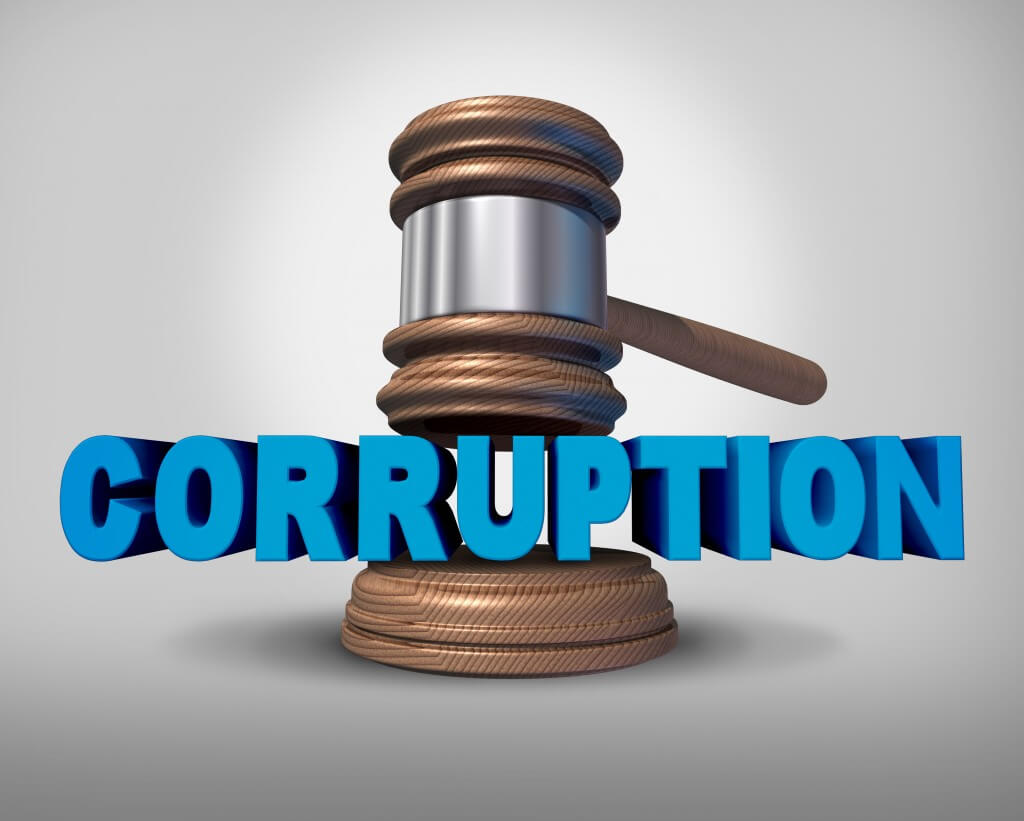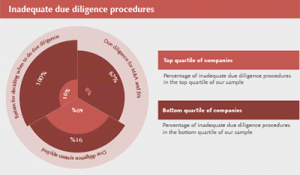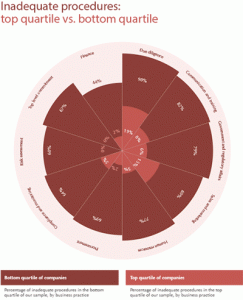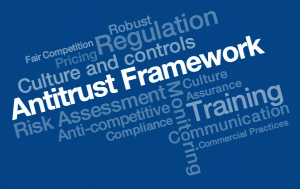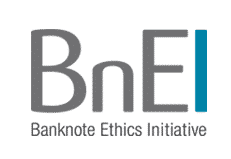Is corporate governance effective?
According to the OECD, good corporate governance is the means by which economic efficiency, sustainable growth and financial stability can be supported. It facilitates access to capital for long term investments and helps ensure that shareholders and other stakeholders are treated fairly.
While corporate governance rules and practices have improved in many countries over the last decade, there is still much to be done. As the VW case shows, when the board is not on top of what is really going on, the consequences are far reaching.
In the last five years Toshiba, Tesco and VW have all dealt with expensive and highly damaging scandals, begging the question are boards sometimes asleep at the wheel? Are the corporate goals balanced with the need to manage risk and protect reputation?
While boards do have a fiduciary duty to deliver returns to shareholders, long-term sustainable success involves more than producing favourable quarterly returns.
Real sustainability needs the key components of effective board practice to be firmly in place, namely the underlying principles of all good governance: accountability, transparency, probity and a focus on the long-term.
GoodCorporation is increasingly being asked to advise on effective governance practices as well as ethical conduct and responsible business management.
If you would like to talk to us about testing, strengthening and embedding effective corporate governance, please get in touch.
Michael Littlechild
From Safe Harbour to Privacy Shield
Following the European Commission’s decision to overturn the framework through which the personal data of EU citizens is protected when transferred to US organisations, there have been protracted negotiations to provide a viable alternative.
A replacement framework has now been announced, known as the EU-US Privacy Shield. The new arrangements aim to impose stronger obligations on US companies to protect personal data and ensure greater enforcement measures by US authorities. It also aims to provide increased rights of address to EU citizens.
However, as the Privacy Shield is yet to come into force and guidelines as to how companies should proceed have not been produced, how should organisations respond? Doing nothing and waiting for the details to be announced is not recommended.
The goodblog lists a number of steps for consideration, including incorporating model clauses into contracts, establishing an approved set of binding corporate rules or employing anonymisation techniques. Companies can also use our Data Protection Framework to assess provision.
Our next Business Ethics Debate will look at enforcement and non-compliance risks in light of both the forthcoming Privacy Shield and the General Data Protection Regulation. Jonathan Bamford from the Information Commissioner’s Office will be speaking. If you are interested in receiving an invitation to this debate which is taking place at the House of Lords on May 26, please contact us.
In Brief...
Are sports governing bodies doomed to fail?
GoodCorporation launched its Sports Governance Framework at our January Business Ethics debate.
Shaila-Ann Rao, former CEO of Sportfive International led the debate with the suggestion that sports governing bodies are doomed to fail.
Weak governance structures, lack of corporate expertise, a glorification of the sporting ideal and a lack of courage to challenge wrong-doing were all cited as reasons why sports governance is beset by problems.
Stronger governance is badly needed in many sporting bodies. Codes of ethics must be adopted, with effective compliance teams in place to ensure enforcement. Integrity is vital in sport and a greater commitment to this is needed to ensure fair play at all levels.
Click here to read the debate summary in full.
Managing Sales Agents
Greater scrutiny of agents and third parties has been an undoubted consequence of the UK Bribery Act.
Companies are being sold a range of options for checking and counter checking. However much of it will be a waste of time if organisations fail to undertake due diligence in proportion to risk.
The best companies are moving to eliminate the use of sales agents. However, some are stuck and feel they cannot survive without them. The goodblog explores what needs to be done when agents are an avoidable necessity and discusses how they should be managed and paid.
Combating corruption: the global context
Robert Barrington, Executive Director of Transparency International UK opened our business ethics debate with a summary of the global landscape.
Legislation is being strengthened; countries are under pressure to be open and transparent about public data; the discourse around corrupt political systems and regimes is becoming more vocal; social media is proving to be a game changer for anti-corruption campaigners.
Yet enforcement remains weak; individuals and organisations are not being held properly to account. The playing field is far from level.
Click here to read in full.



